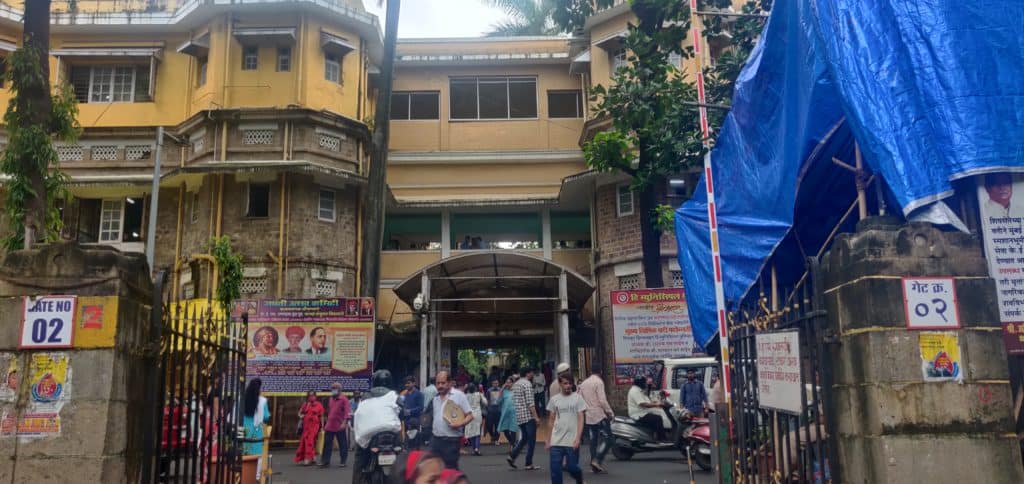A living will is a written document in which a person expresses their wishes regarding medical treatment in the event they become terminally ill or incapable of making decisions themselves.
In a living will, an individual designates a proxy to make decisions on their behalf and instructs proxy as well as others about what he or she wants. The concept of a living will is based on the principle that every person has the right to determine the type of medical treatment they receive or discontinue when their condition requires it.
Many others share the same view but the mere verbal expression of these wishes to loved ones hold no legal standing. It is well known that advances in medical technology can easily prolong someone’s death although it may be meaningless to do so.

In the absence of a living will, doctors often hesitate to pull the plug on the requests of the patient’s relatives. This is due to the possibility of another family member objecting to the decision at a later stage. Often doctors interact with one set of relatives who hope for a miracle and another who wants the suffering to end.
A living will can prevent such chaos because the person concerned has already expressed his or her wish, that too, in writing. This provides clarity and legal protection for both doctors and the decision-making relatives.
It is important to note that a living will differs from a traditional will, as the former is meant to be used before a person passes away, while the latter is read after death.
Why I registered my living will
Earlier, making a living will was very tedious and nearly impossible to adhere to. The Supreme Court recently relaxed these guidelines and now anyone above the age of 18 can make a living will with the signatures of two witnesses and a notary.
I always wanted to make a living will but I could only do it now because the process has been simplified. As I was completing all the formalities, I found out that I am likely the first in the country to take this step after the apex court’s order.
Read more: The arduous journey of TB treatment: Conversations from a Mumbai hospital
Challenges faced in getting legal recognition for the living will
After writing a living will, one must visit a notary or gazetted officer with two witnesses to sign the document. Then, a copy of the document must be sent to a municipal corporation or Panchayat.
During my visit to the notary, I faced hesitancy as they had never notarised a living will before and nor had they heard of such a thing. I had to explain the court’s verdict, produce a copy of the court order, and provide citations to convince them.
Once notarised, I was unsure where to send the document. Since the court judgment is a recent development, there is no established system in the Brihanmumbai Municipal Corporation or in any municipal corporation for that matter. I ultimately sent a letter to the municipal commissioner explaining my situation and urging them to preserve my living will as custodian. This is the process laid out by the court and I did my part of following it.

Can this process be made easier for regular citizens?
Everyone needs to know what living wills are. An example of a living will can be downloaded from my website (www.drnikhildatar.com). People can use it as a guide to write their own living will, suitable for their circumstances.
If people face difficulties in getting their living will notarised, they can show the notary news clippings of my case. If the notary is still not convinced, they can show them the court order which is available here.
Once their living will is notarised, they can send it to their respective municipal commissioner. As more and more people create living wills, a system will be established at the municipal corporations to receive them.
Read more: Understanding Mumbai’s municipal corporation
Implementing a living will
There are checks and balances in place for implementing a living will. Once a doctor is made aware of the document, they cannot simply disconnect life support. They will have to complete a series of formalities.
First, the doctor informs the hospital, which then appoints a primary board consisting of three doctors. Then a secondary board, made up of three different sets of physicians, including the chief medical officer, determines the appropriate course of action.
The decisions of both boards need to be sent to a judicial magistrate of first class. Only after following this process can the plug be pulled off. The patient’s proxy has the right to reverse the decision at any point during the process.
The only possible hurdles I foresee are tensions arising due to bureaucratic delays. For instance, if the board does not provide its opinion within two days, this may cause friction between the hospital and the patient’s relatives.
The larger implications of a living will
I know many people who want to create a living will for themselves but hesitate to ask their parents to do the same. They fear that their elderly parents might misunderstand their intentions. A common perception is that if one asks about parents’ will or a living will, it implies the children are waiting for them to pass away.
I hope that the court order and the example of my case in the news will encourage families to have healthy conversations about taboo subjects like death and living wills. Discussing living wills may also lead families to consider other life-saving decisions, such as organ donation.
I have also found that a lot of people want to donate their organs but don’t complete the formalities beforehand. It will be a good idea if that person writes clearly about organ donation as well in the living will.
(Writing assistance provided by Eshan Kalyanikar)